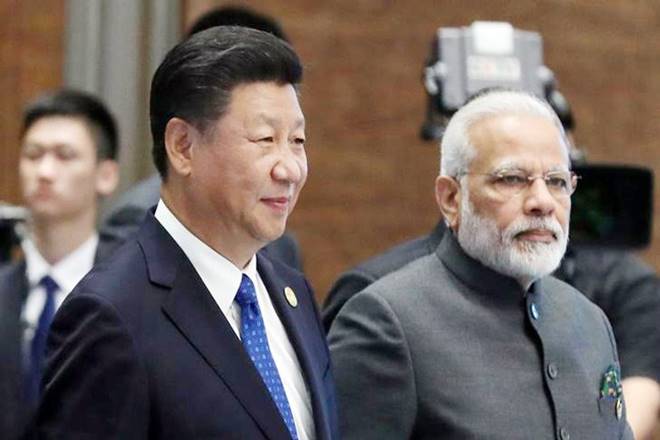The recent ‘2+2’ Dialogue between India and Japan at New Delhi with the Foreign and Defence Ministers of the two countries has come as a major cause of worry for Beijing. India seems to have made crucial inroads as far as luring Japan into investing in the North-east including the state of Arunachal Pradesh is concerned. This is detrimental to Beijing’s ambitions regarding what it describes as “disputed areas” of India’s North East.
Speaking to reports after the Dialogue, Japan foreign ministry deputy press secretary, Atsushi Kaifu said that Japan priorities connectivity-building projects in all of India including the North-east. He said, “Connectivity inside India, including the northeastern part, is important for us.”
Replying to a question about whether Japan would extend financial aid to India’s Northeastern state of Arunachal Pradesh, the Japanese official said, “We are carefully studying the status of the region.” Talking about infrastructure projects in the state of Arunachal Pradesh, Kaifu said, “Japan and India are very much interested in … connectivity inside of India … but because of the current status in that area, we are continuing to discuss on these issues very carefully, but when it comes to connectivity, the northeastern part of your country is also one of the targets (of development).”
By luring Japan to increase investments in the North-east including Arunachal Pradesh, New Delhi is poking the Dragon’s belligerent claims on the territory. China, which continues to make territorial claims on Arunachal Prasesh as ‘South Tibet’ has been critical of foreign visitors to the Indian state. India’s move is therefore bound to irk Beijing.
India has been able to attract Japanese investments in the North-east Arunachal Pradesh in the past as well. In 2015, the Japan International Cooperation Agency (JICA) had agreed to finance infrastructure projects in India’s Northeastern state of Arunachal Pradesh. Northeast India has already become the centre of closer ties between India and Japan.
Tokyo is helping India in several developmental projects across the North-East including a water supply-sewage project in Assam, a Meghalaya road project, forest management programmes in Tripura, Nagaland and Sikkim and an irrigation project in Mizoram.
Earlier this year, the Japan International Cooperation Agency (JICA) agreed to invest 13,000 crore rupees to support ongoing and new projects, in a further boost to Japanese investments in the region.
India is also looking to further lure Japanese investments in North-east India, and this is why the northeastern city of Guwahati in Assam has been chosen as the venue to host the two-day India-Japan Summit which will be attended by PM Modi and Japan PM Shinzo Abe. In that background, the remarks made by the Japanese Foreign Ministry official become that much more important.
Now, the Japanese Foreign Ministry official’s statement comes as a strong re-iteration of Tokyo’s commitment towards increased investments in the North-east region of India. Moreover, his statement about the importance of connectivity in the region to Japan also shows his country’s commitment towards infrastructure development in the region.
If India is able to lure Japan into stepping up its investments with focus on connectivity in Arunachal Pradesh, then it would come as a huge strategic boost for India. In the 1962 Indo-China war, India suffered greatly due to lack of infrastructure for easy movement of its troops. Successive governments did very little to develop connectivity in the region due to heavy costs involved in such projects. Now, with Japan making considerable investments, India might just be able to develop robust infrastructure for the easy movement for its armed forces.
Just like Arunachal Pradesh, India has also lured Russia to invest in Ladakh, and the Russian investors have also reciprocated by showing interest when it comes to investing in the newly carved out Union Territory. This development is also irksome for Beijing, as any integrational move in Ladakh directly militates against, and threatens China’s illegal occupation of ‘Aksai Chin’.
Such increased investments is the increased influence of the foreign powers in the areas of their projects in the said regions. And both Japan and Russia are close allies of India, therefore the increase in investments is only going to be detrimental for the insecure enemy in the region, viz. China in this case.
The sharp rise in investments, and India’s efforts towards luring Japan to step up investments in Arunachal Pradesh further de-legitimise China’s far-fetched and illegal claims in the region. Beijing has also been wary of Japanese investments in the region. This also explains Beijing’s sharp reaction to the Japanese Foreign Minister, when the latter had described Arunachal Pradesh as “an Indian territory which is disputed by China”. India therefore seems to be successfully moving towards undermining China’s illegitimate territorial claims in the region.
